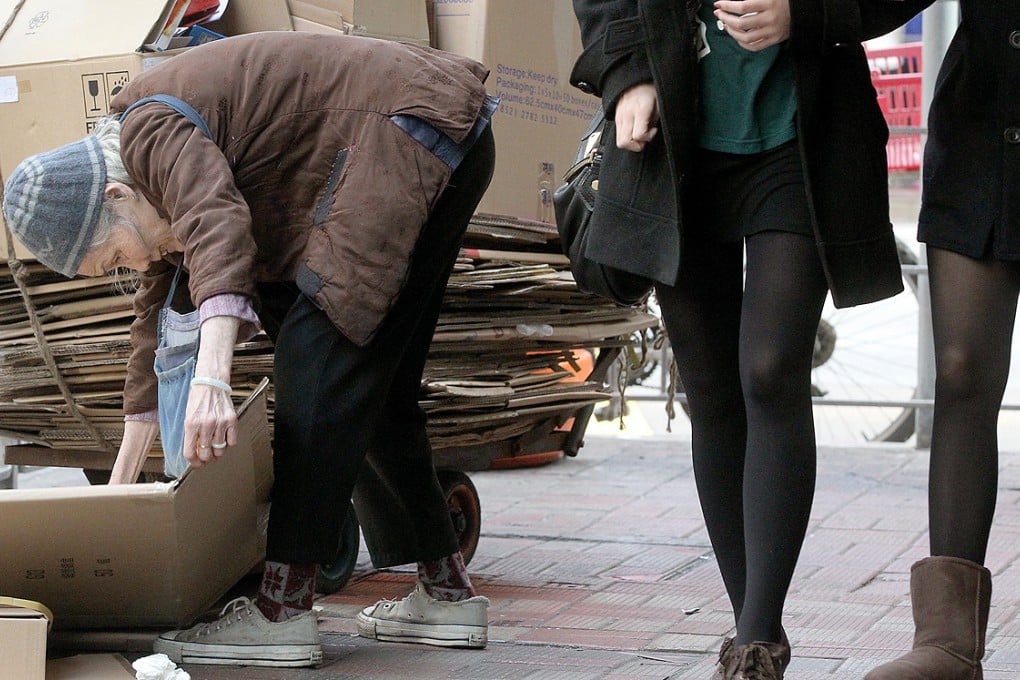Authorities would be wise to mind the income gap
According to a study on minimum wage and purchasing power in this newspaper last Wednesday, Hong Kong's HK$30-per-hour rate is enough to buy 1.59 Big Macs from MacDonald's.

According to a study on minimum wage and purchasing power in this newspaper last Wednesday, Hong Kong's HK$30-per-hour rate is enough to buy 1.59 Big Macs from MacDonald's. That ranks us in the middle of 22 countries in terms of the number of burgers a worker can afford after an hour's work. Another global study the following day offered a different perspective. Hong Kong is said to have more multimillionaires than any other city. There are some 15,400 people with net assets of US$10 million or more. Their wealth accounts for 45 per cent of the total individual wealth in the city.
Our Big Mac index and the wealth statistics do not seem to have any connection at first glance. When the two stories are put together, however, they may give some insights on income distribution in our society. While an hour's wage for the 98,000 lowest paid workers cannot even buy two Big Macs, thousands at the top have money enough for millions of burgers.
Whether the burger index is a good benchmark for comparison is open to discussion. But when a worker in a so-called world capital of multimillionaires can barely buy two Big Macs with an hour's wage, it speaks volumes about the disparity in wealth. In fact, various economic data, including the Gini coefficient - which measures income inequality - suggest the gap is among the widest in the world.
The wealth gap is not unique to Hong Kong, though. As in other developed countries, our robust economic growth does not always trickle down to the bottom rung in society. When salaries at the top spiral, those at the bottom increase at a more sluggish pace. Wages are further suppressed when tens of thousands of mainlanders settle here each year, many of whom only take up low-end jobs.
There is no magic solution, as the plethora of anti-poverty policies adopted by previous governments has proved. Part of the reason is that many were just stopgap measures. The minimum wage law enacted a few years ago may have helped a bit, but it is not a panacea.
A widening wealth gap not only puts pressure on the welfare and health care systems; it fuels discontent and undermines social stability. Chief Executive Leung Chun-ying appears to be mindful of the potential danger and has rightly tasked the Poverty Commission with addressing the problem. It is essential to sustain the momentum lest income disparity triggers more socio-political problems.
